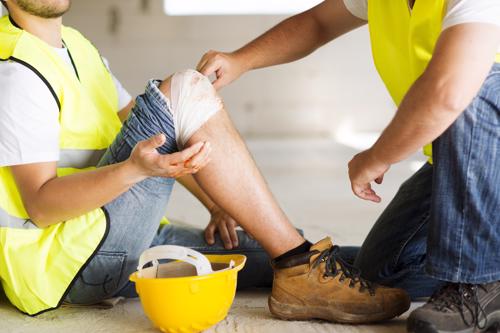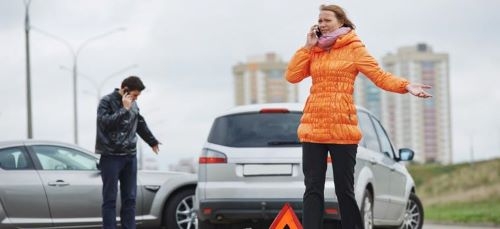Did you know that Uber accidents happen surprisingly often? Now a thing of the past, taxis began to get popularly replaced starting in March of 2009 when Uber came on the scene. While it offers food delivery, package delivery, couriers, freight transportation, and more, people most commonly use Uber as a vehicle for hire. By hailing an Uber, you do not have to worry about fuel or where you parked your car. Instead, you can sit back and relax as a passenger and let your hired Uber driver do all the work.
But what happens if you get in a car accident while in your rented Uber? What steps do you take? The following information will help you after an Uber accident and will provide you with the necessary steps to take following the crash.
Uber Accident Statistics
For the past eleven and a half years, Uber has grown into an appreciated and profitable global phenomenon. With over 3 million drivers, Uber completes as many as 40 million rides monthly in the US alone. But since 2011, the growth of ride-sharing apps (like Uber) has significantly contributed to increased traffic deaths by 2 to 3% in the US—that equals more than 1,000 fatalities per year.
The following is a list of additional Uber statistics.
- In the first quarter of 2020, there were 1.7 billion rides around the globe.
- America is home to 41.8 million Uber users.
- Of Uber accidents, 90% occurred in urban areas.
- In 2018, Uber accidents caused the deaths of 58 people—21% were drivers, 21% were riders, and 40% were pedestrians.
- From 2014-2016, for-hire crashes more than tripled.
Most Common Causes of Uber Accidents
While Uber provides riders with convenience, flexibility, and the hassle-free luxury of not having to drive, they may still worry about how their Uber driver does behind the wheel while on the road.
Here is a list of the most common causes of Uber accidents.
- Distracted driving
- Speeding
- Running red lights
- Road rage
- Car malfunction
- Driver fatigue
Steps to Take After an Uber Accident
At the Time of the Accident
Step 1: Call 911 and File a Police Report.
After speaking to the police and providing them with the facts about what happened, ensure that you get a copy of the police report. Obtaining a copy of the police report confirms that facts will not change once you leave the site of the crash.
Step 2: Collect Evidence.
Take photos of the accident site, car damages, injuries, etc. Write down everything you can about what happened, where you were sitting, what you saw and heard, how fast you think the car was going, and everything else you can remember, even if you think it is trivial.
Step 3: Gather Contact Information.
You will want to ensure to gather contact information from your driver, bystanders, witnesses, and any other drivers involved in the collision. In addition to contact information, get your driver’s insurance information as well.
After the Accident
Step 4: Get Medical Care.
Seek medical treatment as soon as you can. Do not wait to see a doctor. If someone asks if you are hurt, do not respond by telling them you are fine. Explain that you are not sure yet as you are still experiencing shock from the accident.
Uber passengers involved in car crashes typically get one of the following injuries:
- Broken bones/fractures
- Head injuries (up to and including TBI)
- Back and neck injuries
- Whiplash
- Concussions
- Spinal injuries
- Soft tissue injuries
Step 5: Compile the Accident Claim Costs.
Accident claim costs can consist of expenses like charges for medical treatment(s) and lost work wages. Assemble all applicable invoices and paperwork by collecting them as you receive them.
Step 6: Contact a Personal Injury Lawyer in Atlanta.
After compiling a list of accident claim costs, contact a personal injury lawyer in Atlanta specializing in Uber Accidents—like John B. Jackson. With professionalism and expertise, the Law Office of John B. Jackson will help you understand the ins and outs of ride-sharing legalities and the complicated insurance issues that come with it after an accident. John B. Jackson can not only help you determine what compensation you should receive as a result of your ordeal, but he can help you determine if your case is worth legally pursuing as well. So do not wait—contact his office today!







